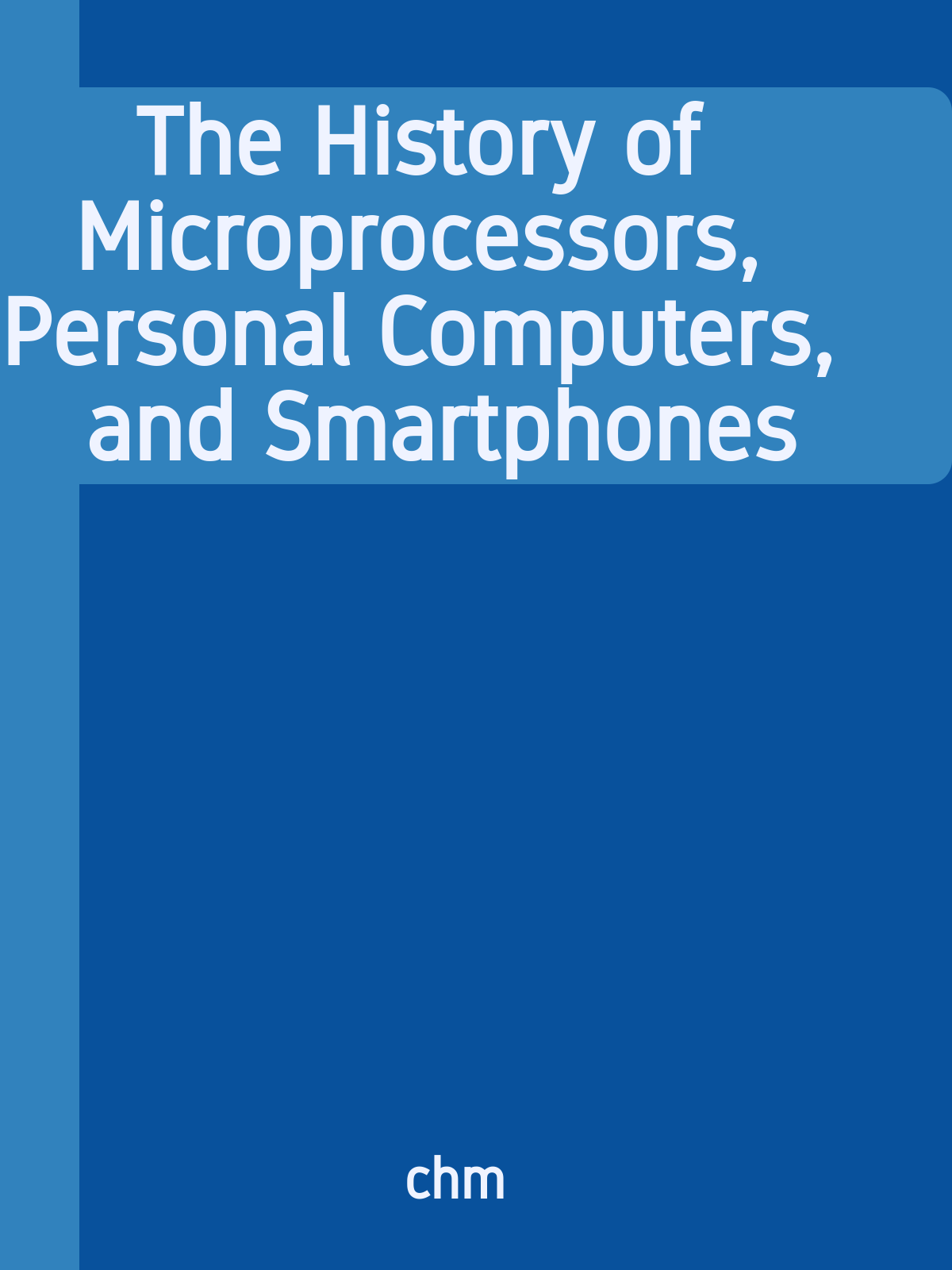

The history of microprocessors, personal computers, and smartphones is fascinating and filled with interesting facts. The first microprocessor was the Intel 4004, released in 1971. The first personal computer was the Altair 8800, released in 1975. The first home computer was the Apple I, released in 1976. The first laptop computer was the Toshiba T1100, released in 1986. The first smartphone was the Simon Personal Communicator, released in 1992. The first tablet computer was the Apple iPad, released in 2010.

The article covers the history of the telescope, from its first use by Galileo in 1609 to the present day. It discusses the various sizes and types of telescopes, and highlights some of the most significant discoveries made using them.

The article discusses the average lifespan of humans and how it has increased over the past century. It also notes that life expectancy varies significantly between countries and that there are a number of factors that impact how long a person will live.

Phenomena that occur in the morning hours can be fascinating. For instance, did you know that a penny dropped from the Empire State Building can reach speeds of up to 50 mph? Or that the surface of the sun is a whopping 10,000 degrees Fahrenheit? Learn more morning phenomena facts in this article.

The article discusses the largest lens ever made, which was a 40-foot-wide correcting lens for the 200-inch telescope at Palomar Observatory. It also covers the discovery of the fifth moon of Saturn by John Herschel in 1834 and the first jet-powered aircraft designed by Henri Coanda in 1923. The article also mentions the first rocket-powered aircraft, the V- 2, which was designed by Wernher von Braun and flew in 1942. Finally, the article discusses the Hubble Space Telescope, which was launched in 1990, and the James Webb Space Telescope, which is scheduled to launch in 2018.

The article covers the biggest telescopes in the world in each of the three main categories: optical, radio, and infrared. The Gran Telescopio Canarias is the largest optical telescope, the Five hundred meter Aperture Spherical Telescope is the largest radio telescope, and the James Webb Space Telescope is the largest infrared telescope. There are over 10,000 known exoplanets, and the average person can see about 2,000 stars with the naked eye. A telescope can magnify objects up to 2,000 times their actual size.

The postal service is an important part of daily life, delivering to millions of residences and businesses every day. Some interesting facts about the postal service include that every time you lick a stamp, you ingest about 1/10 of a calorie, and that if you could fold a piece of paper 45 times, it would be tall enough to reach the moon.

Quantum computing is a type of computing where information is processed using quantum-mechanical phenomena, such as superposition and entanglement. Quantum computers are different in many ways from traditional computers, and their potential is only beginning to be understood. Many challenges remain, but if they can be overcome, quantum computers could have a huge impact on the world.